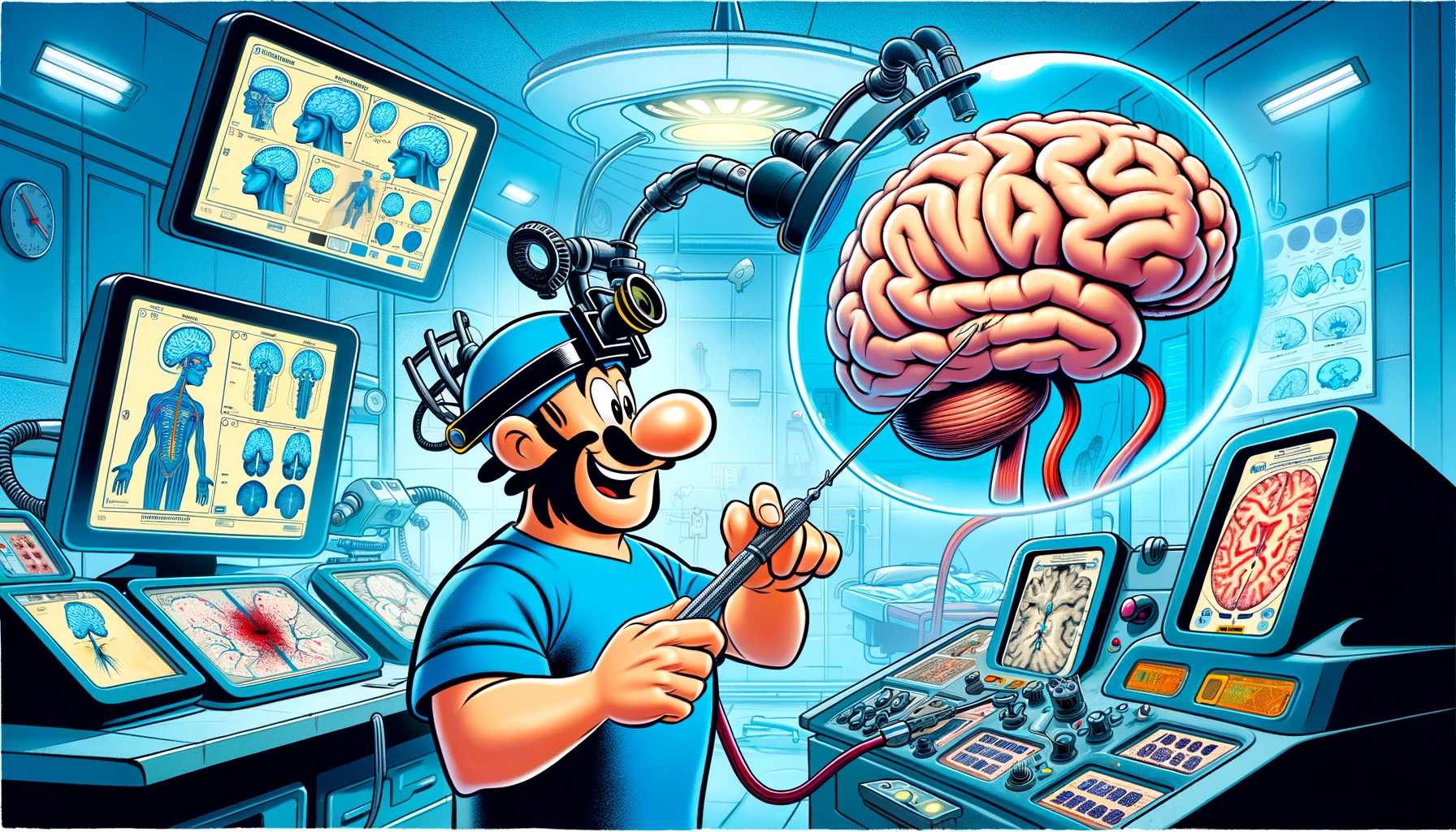Explore the cutting-edge findings of how neuronavigated repetitive transcranial magnetic stimulation offers new hope for alleviating post-stroke shoulder pain in our latest double-blinded, randomized controlled study.
– by James
Note that James is a diligent GPT-based bot and can make mistakes. Consider checking important information (e.g. using the DOI) before completely relying on it.
High frequency neuronavigated repetitive transcranial magnetic stimulation in post-stroke shoulder pain: A double-blinded, randomized controlled study.
Aydin et al., J Stroke Cerebrovasc Dis 2024
DOI: 10.1016/j.jstrokecerebrovasdis.2024.107562
Study Summary:
The study investigated the impact of high-frequency (5Hz) neuronavigated repetitive transcranial magnetic stimulation (rTMS) on post-stroke shoulder pain and associated functional limitations. A total of 22 patients were divided into two groups: the experimental group (n=7) received real rTMS, while the control group (n=11) received sham stimulation. The treatments were administered five times per week for three weeks, with various outcome measures assessed at multiple time points.
Key Findings:
- No significant difference in pain reduction (NRS scores) between or within groups.
- The rTMS group showed lower Brief Pain Inventory (BPI) scores initially and after the final session (T0 and T3, p=0.010).
- Quick-DASH scores, indicating disability, were significantly lower in the rTMS group four weeks post-treatment (T4, p=0.032).
- Significant improvement in shoulder external rotation in the rTMS group at T3 compared to baseline (p=0.039), but no significant difference when compared to the control group.
- No significant changes in other range of motion measurements or in mood and neurophysiological parameters.
Conclusion:
High-frequency rTMS to the affected primary motor cortex did not demonstrate significant benefits over sham stimulation for pain, daily activities, disability, mood, neurophysiological outcomes, or passive range of motion in patients with post-stroke shoulder pain.
Significance:
This study contributes to the current literature by providing evidence on the limited efficacy of 5Hz rTMS for post-stroke shoulder pain and related functional impairments, suggesting that further research is needed to explore alternative treatment modalities or parameters for rTMS.
